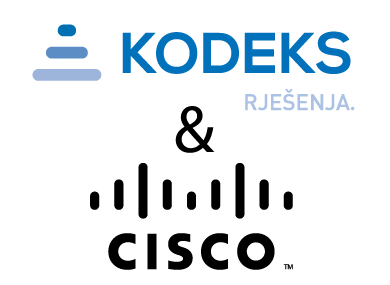Novel blockchain consensus algorithm
Track
Best Practicies & Success Stories
Date and time
Friday, 19. October 2018., 14:00
Room
Hall A
Duration
45'
The arrival of the blockchain technology, as an open, distributed ledger that can record transactions between two parties efficiently and in a permanent, verifiable way, introduced the world of decentralization, therefore, challenging our preconceived perspectives of the current social, political, and economic systems, and most notably, the central banking system. As there can be a potentially unlimited number of validators in any given P2P network, consensus algorithms must be utilized for there to be any cooperation between them. The consensus is a problem in distributed computing wherein nodes within the system must reach an agreement given the presence of faulty processes or deceptive nodes. Current consensus protocols, in general, do have several shortcomings regarding performance, ease of use, and service quality. Therefore, in this presentation, we will describe a novel consensus algorithm that uses redundancy reduced gossip and virtual voting protocols based on a distributed computation and algorithms from theoretical computer science which provides a fair and fast, Byzantine fault-tolerant consensus protocol HashNET.
Lecture details
About speaker
Best Sponsor
Better Sponsor
Media Sponsor
HrOUG.hr
The conference is organized by the Croatian Association of Oracle users. More about the association can be found at Hroug.hr.







